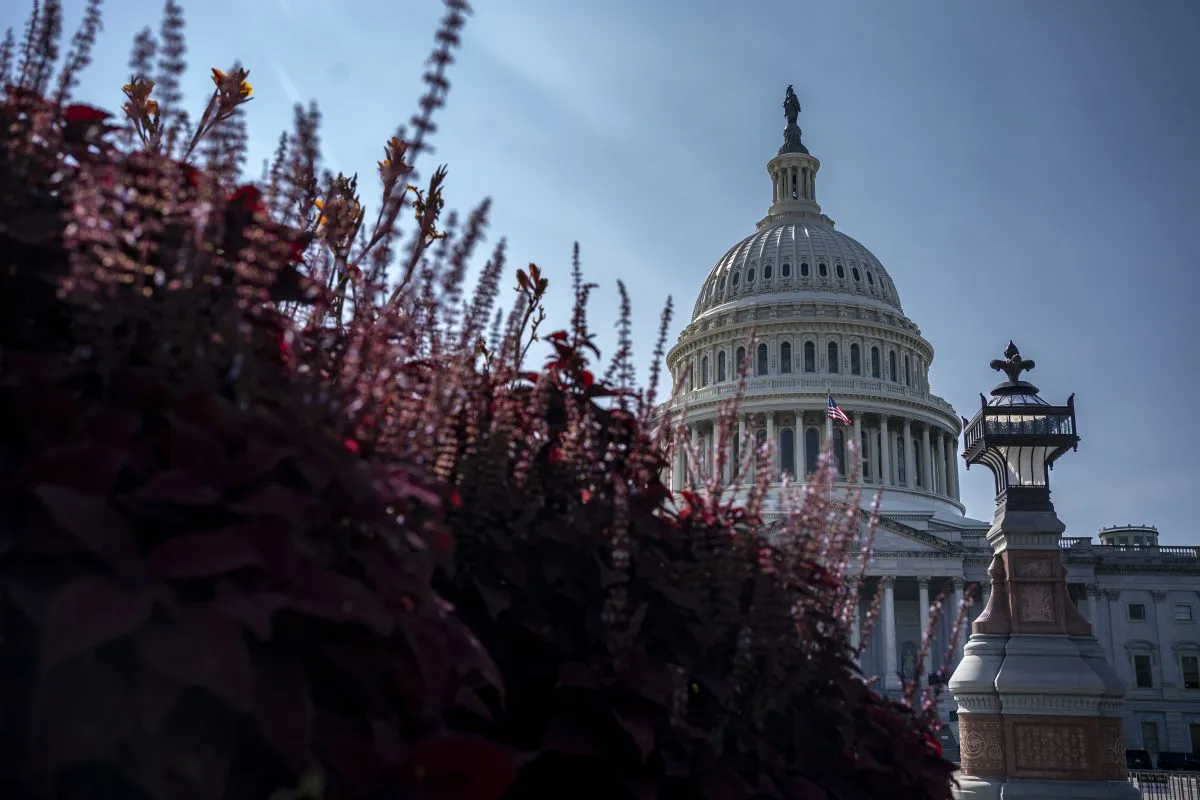By asiedu
Copyright ahotoronline

Benjamin Nsiah, the Executive Director of the Center for Environmental Management and Sustainable Energy (CEMSE), has voiced serious concerns about the Electricity Company of Ghana’s (ECG) recent proposal to increase the Distribution Service Charge (DSC1) tariff by 225% over the 2025-2030 period. This proposed hike, according to ECG, is intended to restore the company’s financial viability amid significant operational challenges. ECG has cited the sharp depreciation of the Ghanaian cedi—losing approximately 74% of its value since 2022—as a key factor necessitating the increase. The company argues that without this adjustment, it will struggle to maintain sustainable services across the country.
Nsiah, however, believes the issue runs deeper than just currency depreciation or financial woes. He suggests that inefficiency within ECG is deliberately tolerated, and politicians play a substantial role in this problem. According to him, many politicians criticize ECG’s poor performance when they are in opposition but quickly change their narrative once they assume power. This change, he explains, is partly because politicians have direct control over key governance functions of ECG, such as procurement processes, appointing audit officials, and selecting top management within the company.
The implication, Nsiah argues, is that politicians may benefit personally from the inefficiencies and mismanagement within ECG. These benefits could come in the form of patronage opportunities, contracts, or other financial incentives linked to ECG’s operations. As a result, inefficiencies are perpetuated rather than corrected. These systemic issues, according to Nsiah, then force ECG to justify tariff increases to cover costs that could have been managed more effectively. This cycle places a significant financial burden on consumers who ultimately bear the cost of political interference.
Nsiah’s critique points to a concerning dynamic where political interests undermine public sector efficiency. The control politicians exercise over procurement and appointments within ECG fosters an environment where accountability is weakened and corruption risks increase. Moreover, the constant changes in leadership and policy directions after each election cycle disrupt long-term planning and sustainable reform efforts inside the utility company. Consequently, this instability contributes to operational inefficiencies that necessitate tariff adjustments as a stopgap solution rather than a genuine structural reform.
In conclusion, while the depreciation of the cedi and economic factors do present real challenges for ECG, Benjamin Nsiah highlights the critical role political interference plays in undermining the company’s efficiency. For tariff increases to be a more justified and fair response, there must be a concerted effort to improve governance within ECG, enhance transparency, and shield the company from politicization. Without such reforms, consumers will continue to face steep tariff hikes driven not only by economic realities but also by systemic inefficiency fostered by political interests.
Story by: Ohemaa Adusi-Poku



